Congresswoman Nita Lowey announced on Friday that Rockland Community College (RCC) will receive $261,888 through a five-year grant from the U.S. Department of Education’s Student Support Services (SSS) Program, through one of six TRIO programs that are designed to encourage and prepare students from disadvantaged backgrounds for success from secondary school to undergraduate and graduate education.
“I am very thankful to the US Department of Education for selecting Rockland Community College as a recipient of the TRIO Student Support Services grant,” said Dr. Michael A. Baston, Rockland Community College President. “With this funding, RCC will continue to ensure that it is serving the needs of the students who depend on its support the most: those suffering from economic hardships and those with disabilities. Those students will receive extra support beyond what is already available to them through the College’s offerings to ensure that they will be successful in their studies and “real world ready” upon their graduation. I would also like to extend my sincere thanks to Congresswoman Nita Lowey for her leadership in helping RCC secure this important grant.”
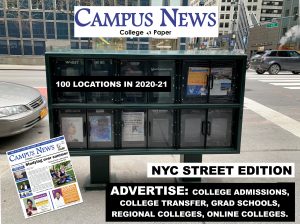
This competitive grant program awards funds to institutions of higher education that prioritize providing academic and other support services and opportunities for low-income, first-generation or disabled college students. Required program services include academic tutoring, assistance in postsecondary course selection, assistance with financial aid programs and benefits, education to improve financial and economic literacy, help gaining admission and graduate and professional programs, and activities designed to assist students enrolled in two-years institutions of higher education apply to four-year programs.
Twenty-three percent of enrolled students at RCC are low income, 42% are first-generation college students (FGCS), and 6% have a declared disability. The RCC TRIO Student Support Services (SSS) program will serve 150 eligible participants, of which 101 will be low-income and first-generation with academic need and up to 49 with disabilities will be served. At least one third of students with disabilities served will also be low-income.



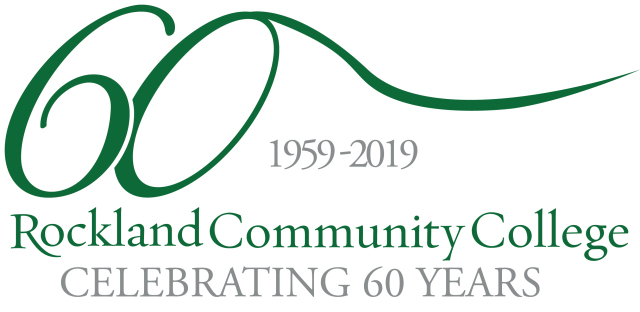
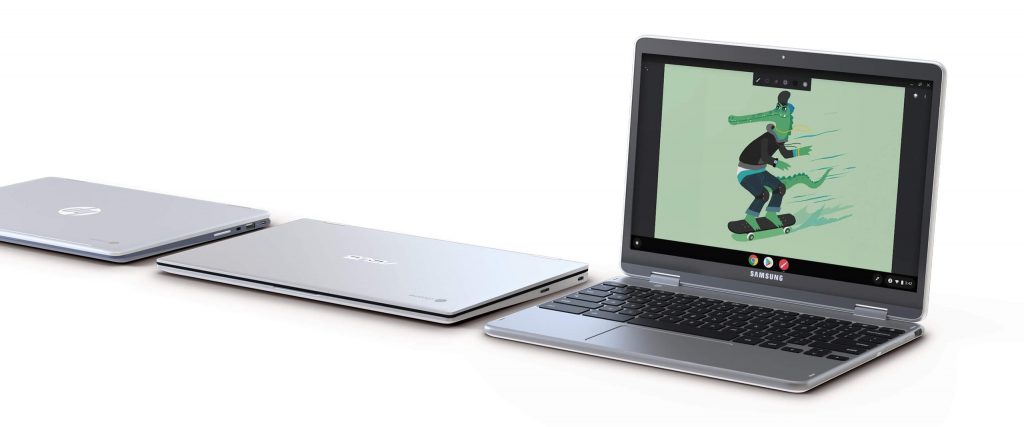
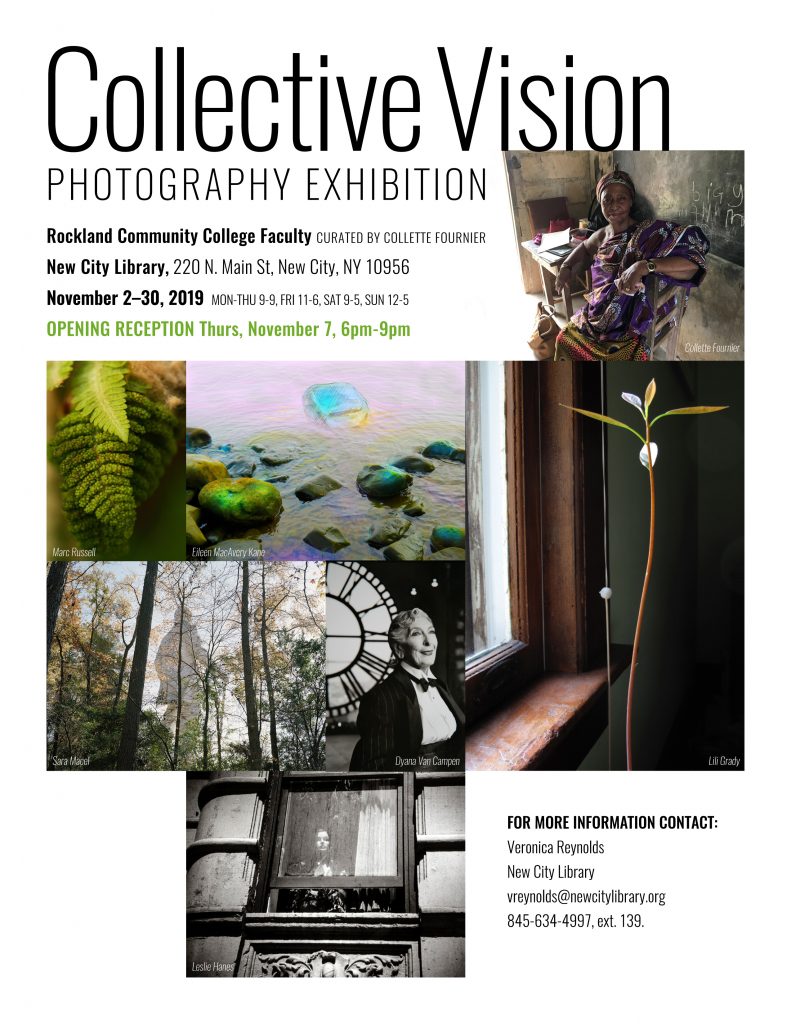
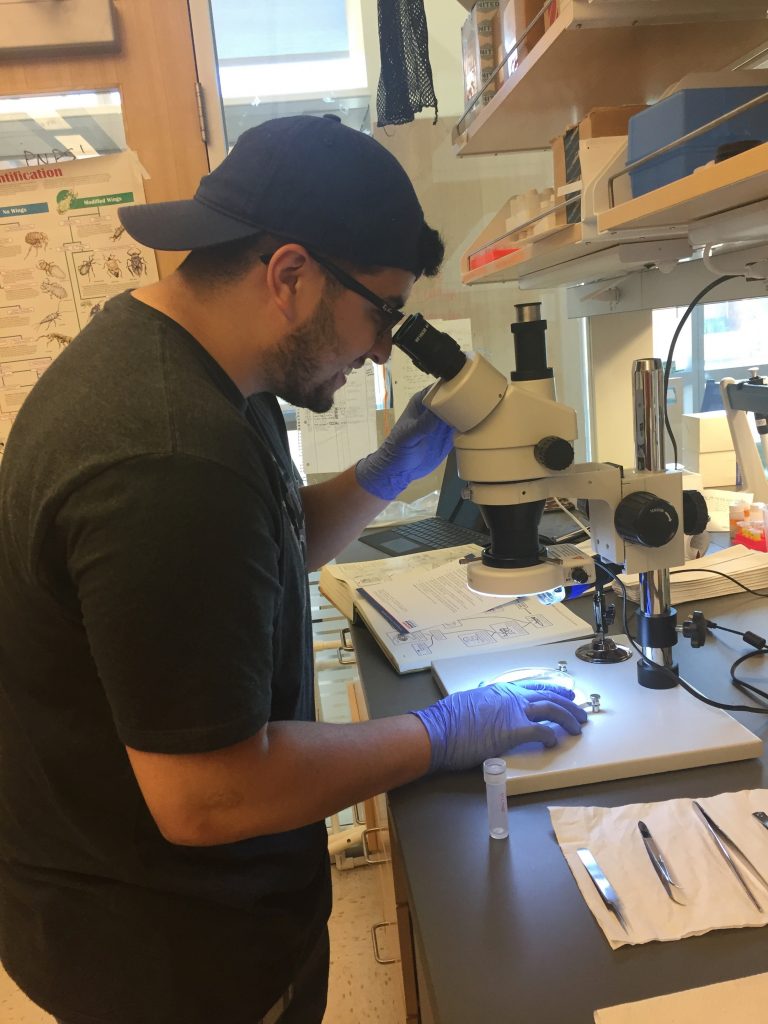
Facebook Comments